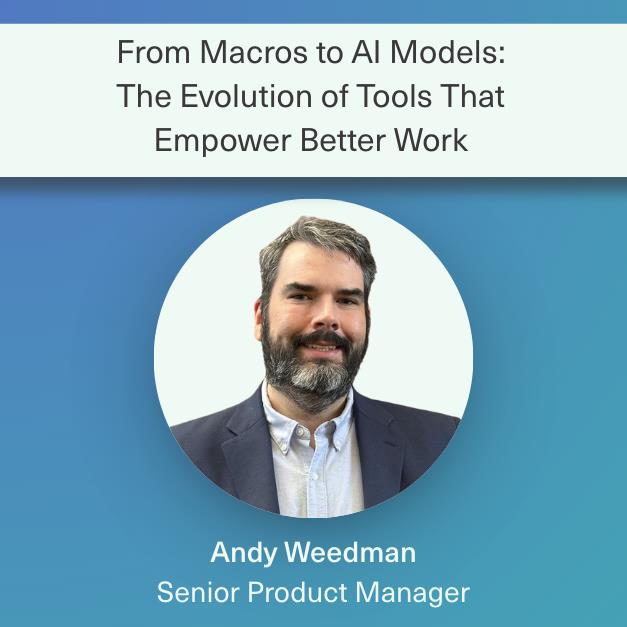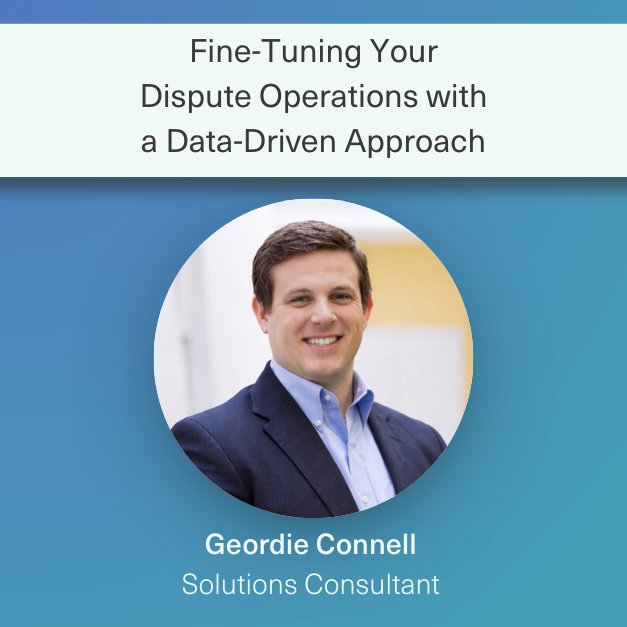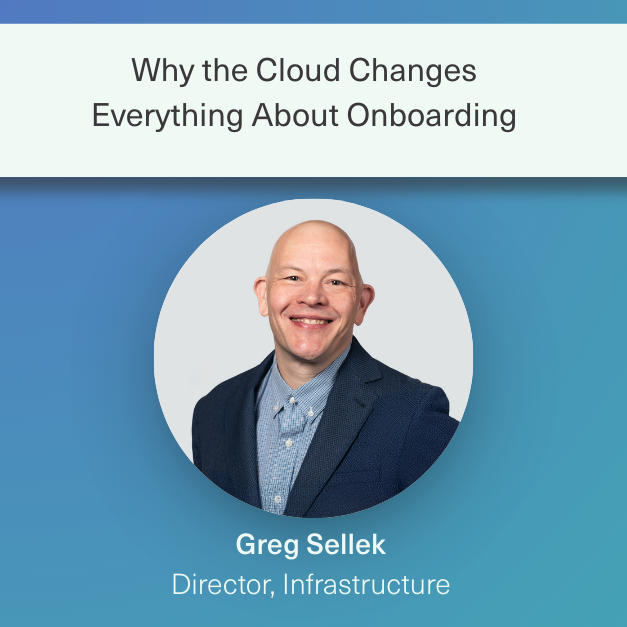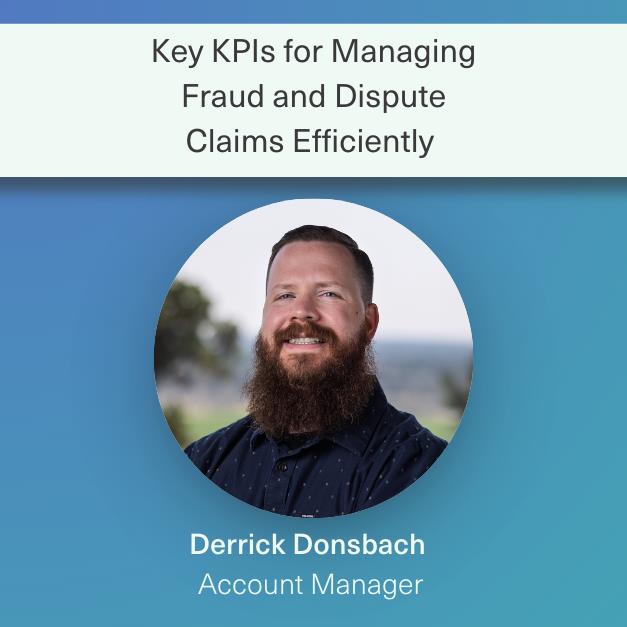It’s often said that necessity is the mother of invention, and that’s something I’ve seen proven throughout my career. From the beginning, I’ve gravitated toward finding creative ways to solve problems using the tools available at that time. If a task feels like busy work, I look for ways to automate or streamline it so I can focus on what really matters: doing meaningful, impactful work.
I recall the first time I met “necessity” and built a solution to a problem that had been slowing down the pace of work at my employer for some time. You know the type of problem I’m talking about; the ones we keep doing just because “that’s how it’s always been done,” even though no one remembers why or when it started.
I was working as a call center agent, and there was a specific task required of me for every single call I took. It was tedious, time-consuming, and worst of all, it took time away from the work that actually mattered: helping customers > increasing satisfaction > building their trust.
The only logical conclusion I could come to was to fix it myself. One evening after the call center closed, I stayed behind and dug into the system’s API, learning as much as I could. Using the tools I had, I built a simple automation that let me breeze through the tedious task.
For a couple of weeks, things were going great. I was helping more customers than any of my peers. In fact, things were going too well, and I caught the attention of our site leader. I was called into their office so they could understand why my stats were so much higher than everyone else’s. After reading the room, I picked up that they suspected foul play. With a pit in my stomach, I came clean, fully expecting to get the boot.
While that was my last day answering calls, it was my first as a developer. To my surprise, they were beyond impressed with the initiative I took and how I leveraged the tools available to me, which freed me up to focus on more meaningful work. To this day, I am still incredibly grateful to the leaders early in my career who saw my potential and gave me the chance to pursue the most meaningful work I could imagine.
Technology has evolved tremendously since then. At the time, simple macros felt game-changing. Now we have tools like Generative AI that can do things that were unimaginable just a few short years ago.
The concept of continuous improvement is nothing new. Throughout history, we’ve used the tools available to solve the problems we’re facing. This frees us up to create even better tools to solve more complex problems. Each iteration, the new tool seems magical, but the pattern is consistent. Each iteration allows us to focus on more meaningful work.
In my opinion, innovation has never been about replacing people; it’s about enabling them to do better, higher-quality work. And if there’s one thing history makes clear, it’s that there’s always more work to be done, because there’s always room for improvement.
Over the course of my career, I’ve gone from solving problems with simple macros to now driving innovation with advanced AI technologies at Quavo. What started as manual, rules-based automation has evolved into deploying powerful, intelligent systems that address complex challenges in fraud and dispute management. Quavo has embraced AI since day one, with early features like Investigation AI, which utilized traditional, rules-based logic. Today, we’re leading with cutting-edge Generative AI in solutions like Inbound Communication AI and Representment AI, transforming how our clients manage disputes with greater accuracy, speed, and scale.
Quavo’s team of Dispute Resolution Experts (DRE) were a vital part of the feedback loop throughout the development of Inbound Communication AI and Representment AI. The DRE team has continued to use these features since their launch in QFD version 25.01. The impact has been clear: our DRE associates feel less rushed and more supported. What matters most is that they’re now able to focus on work that’s more meaningful. We’re not eliminating jobs using AI, we’re elevating them. In doing so, we’re improving service outcomes and driving greater institutional trust.
So what are our DRE employees doing with the time AI has given back to them? They’re using it to sharpen their skills and improve recovery outcomes. Quality scores have gone up, and importantly, productivity hasn’t dropped. We’ve reinforced something we’ve always believed: when people feel cared for, they care more. And in the end, that leads to what matters most: happier employees, stronger financial institutions, and better experiences for the customers we serve.
At Quavo, we believe technology shouldn’t replace the human element, it should enhance it. From macros to AI models, the goal has always been the same: empower people to focus on the work that matters. As we continue to push the boundaries of what’s possible with AI, we remain committed to creating tools that enable higher-quality work, stronger outcomes, and more fulfilled teams.





